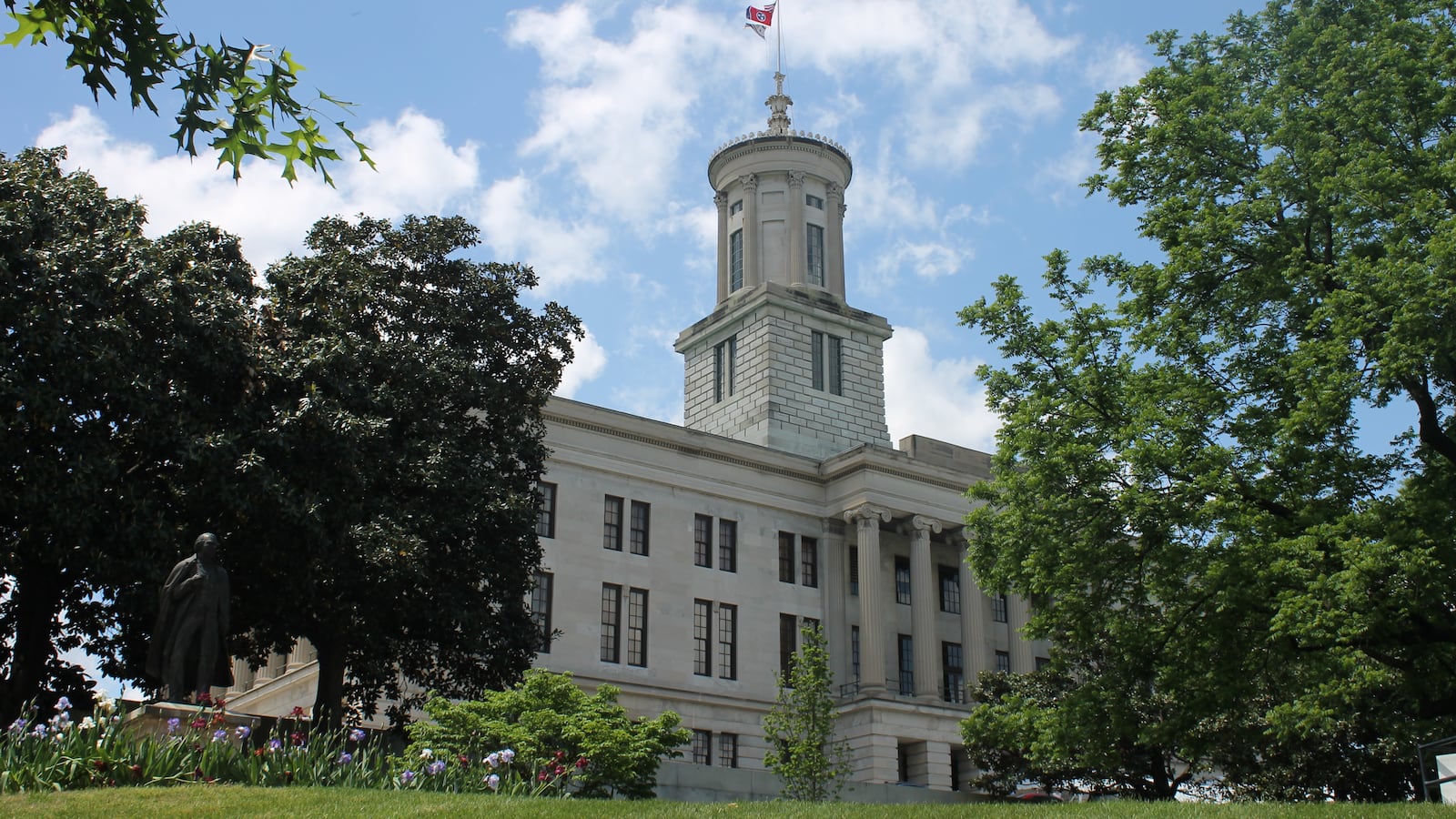With Republican supermajorities in both chambers, Tennessee lawmakers expect to revisit two perennial questions when the 110th General Assembly convenes on Tuesday: How much money the state should spend on schools, especially when it’s flush with a multimillion-dollar surplus; and whether Tennessee should approve tuition vouchers to allow public money to follow students to private schools.
They’ll also take another look at the state’s Achievement School District, created by the legislature in 2010 in an effort to improve the state’s lowest-performing schools. Up for debate is whether the ASD, now in its fifth year of operation, has fulfilled that mission, as well as how it should be regulated.
The real action won’t begin until Jan. 30, when lawmakers return from a two-week recess to hear Gov. Bill Haslam’s State of the State address. In his penultimate year in office, Haslam, who has said he wants to be known as Tennessee’s “education governor,” will use that platform to lay out his vision for public schools and the state.
Here are education issues likely to make a splash:
Funding
Likely this year’s No. 1 issue, education funding will help set the stage for other debates about tuition vouchers, school turnaround work and transportation safety, just to name a few.
A fatal school bus accident in Chattanooga in November led Rep. Gerald McCormick, a former majority leader, to promise a push to retrofit buses with seatbelts. The proposal gained little traction in previous years due to the expense, but the tragedy may give lawmakers a greater sense of urgency in 2017.
Last year, the legislature updated the state’s school funding plan called the Basic Education Program, or BEP, for the first time since 2007, and increased spending for technology, English language learners and teacher pay. But Tennessee still trails other states in school funding — a shortcoming that contributed to lawsuits against the state by three of its four largest districts during the last two years.
Rep. Harry Brooks, a Knoxville Republican who chaired one education committee last session, predicts a push for more money to pay for additional school counselors and for more teachers of English language learners. “I see those as financial improvements that will be a focal point,” he said Monday.
Vouchers
This will mark Tennessee’s seventh year of legislative debate over vouchers, and proponents are optimistic that this year’s bill will pass. But then, advocates said that of the proposal last year as well.
The chances for passage might have improved following last fall’s elections, with some voucher opponents losing their seats. And Congress might move quickly on federal incentives for school vouchers under President-elect Donald Trump’s administration. Hearings to approve voucher advocate Betsy DeVos for U.S. secretary of education are scheduled to begin next week.
The proposal that has gained the most traction in recent years would target students zoned to the bottom 5 percent of Tennessee schools, most of whom are in Memphis and Nashville, with some in Hamilton, Knox and Madison counties. The program, if approved, would impact 5,000 students in its first year and reach 20,000 students annually in two years.
Last year, the bill reached the House floor for the first time but was pulled before coming to a vote when Rep. Bill Dunn, the lead sponsor, estimated that he was two votes short. Dunn, a Republican from Knoxville, is anxious to try again. “I know we came close last year and I hope (this year) we have a clear signal to go forward,” he said.
Achievement School District
As the state-run district stares down the possibility of its first school closure and a shortage of charter operators interested in running its schools, the State Department of Education and lawmakers are reevaluating its role in school turnaround work. Originally, ASD leaders set a goal of taking its schools from the state’s bottom 5 percent to the top 25 percent within five years. Though the ASD’s first schools don’t have five years of data due to last year’s test cancellation for grades 3-8, none have come close to hitting the mark, leaving lawmakers asking what changes need to be made. “The pace of change is a lot slower than anyone wants,” Dunn said. “We realize that children only have one shot. We don’t have 10 years to turn something around.”
State leaders say they remain committed to the ASD, but are considering ways to curb the district’s growth and increase transparency. In a plan to comply with the federal Every Student Succeeds Act, or ESSA, state officials propose limiting the number of schools eligible for state takeover and giving districts more autonomy in improving struggling schools. And in a legislative hearing last summer, local district officials asked for clear answers about when schools will be returned to local districts. “I think everyone, whether they are teacher, parent or a student, needs to know what’s in store for the future so they can plan,” said Rep. Raumesh Akbari, a Democrat whose district in Memphis includes several ASD schools.
Brooks predicts that some changes in the ASD’s operation will be codified into law, but doesn’t expect a major overhaul. “I don’t think it will change the philosophy or what we’re trying to accomplish,” he said.
Testing
Testing dominated education outside of the legislature last year when Education Commissioner Candice McQueen canceled the state’s new TNReady assessment after a series of technical and logistical setbacks. Accordingly, both lawmakers and Haslam’s administration likely will file bills to address the test’s role in students’ grades and evaluations as students and teachers acclimate over the next few years.
For the second year, McQueen spearheaded a testing task force that dug into issues around standardized testing. Many ideas from the first task force, like axing ACT-designed tests for eighth- and 10th-grade students, ended up in legislation. Further testing reductions floated by the second task force include cutting state standardized tests for eleventh-graders, and replacing it with the ACT, as well as eliminating science and social studies tests for third- and fourth-graders.

